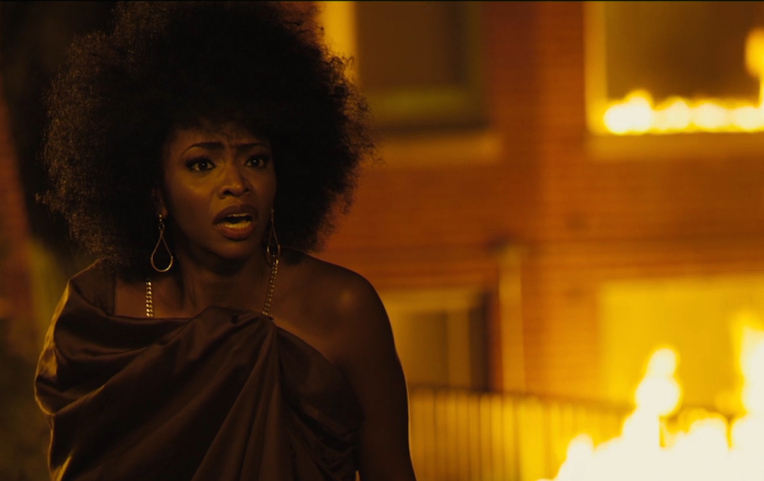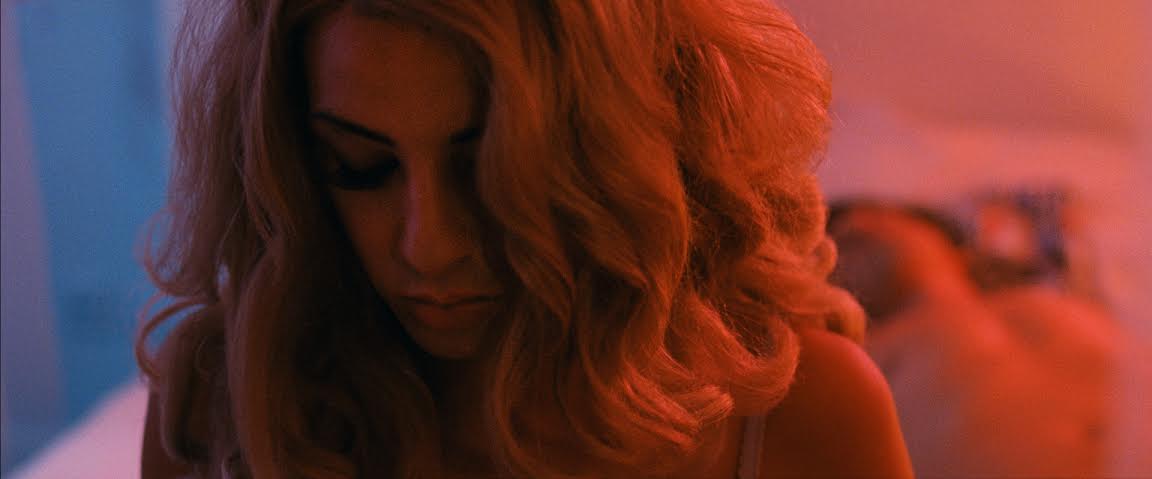When I first saw Deadpool on Valentine’s Day with my civilian partner, I remember leaving the theater on cloud nine, sure that my relationship could withstand anything. The movie made me feel like my job was not an obstacle to be overcome by romantic interests but a core part of me that could be embraced.… Continue reading Support Hos: Deadpool
Category: Movies
Chi-Raq (2015)
Imagine Lysistrata—the classical play you probably read in Greek Lit class —but in the hood. In this fictional but all-too-real version of Southside, Chicago, the women of Chi-Raq, lead by Lysistrata (Teyonah Parris), opt to withhold sex as a negotiating method to force an end to the gang related violence their men engage in. Lysistrata is… Continue reading Chi-Raq (2015)
Tangerine (2015)
Whenever I see a movie about the lives of sex workers, I find myself automatically assessing whether or not the story represents us authentically—or, more accurately, picking apart the ways that it inevitably doesn’t. Tangerine was really the first time I’d seen a movie about us where I didn’t leave the theater with a mental… Continue reading Tangerine (2015)
Her Survivor’s Instinct: Paul Frankl on Roxanne
Roxanne, a short film about a trans sex worker who reluctantly takes in an abandoned child, was recently selected as a Vimeo Staff Pick and has been accepted at 14 international film festivals, including two Oscar qualifying fests. It will soon be made into a feature film. The following interview was conducted by Sarah and Caty with… Continue reading Her Survivor’s Instinct: Paul Frankl on Roxanne
Gore and Psychic Wounds: Nicole Witte Solomon on Horror, Phone Sex, and Film
Nicole Witte Solomon and I have kept up with each other online for a while, dating back to the era when she was a young phone sex operator/film student, just beginning to pitch her clever writing on topics ranging from vegan cooking to feminism in pop culture to a variety of venues. As the years… Continue reading Gore and Psychic Wounds: Nicole Witte Solomon on Horror, Phone Sex, and Film




